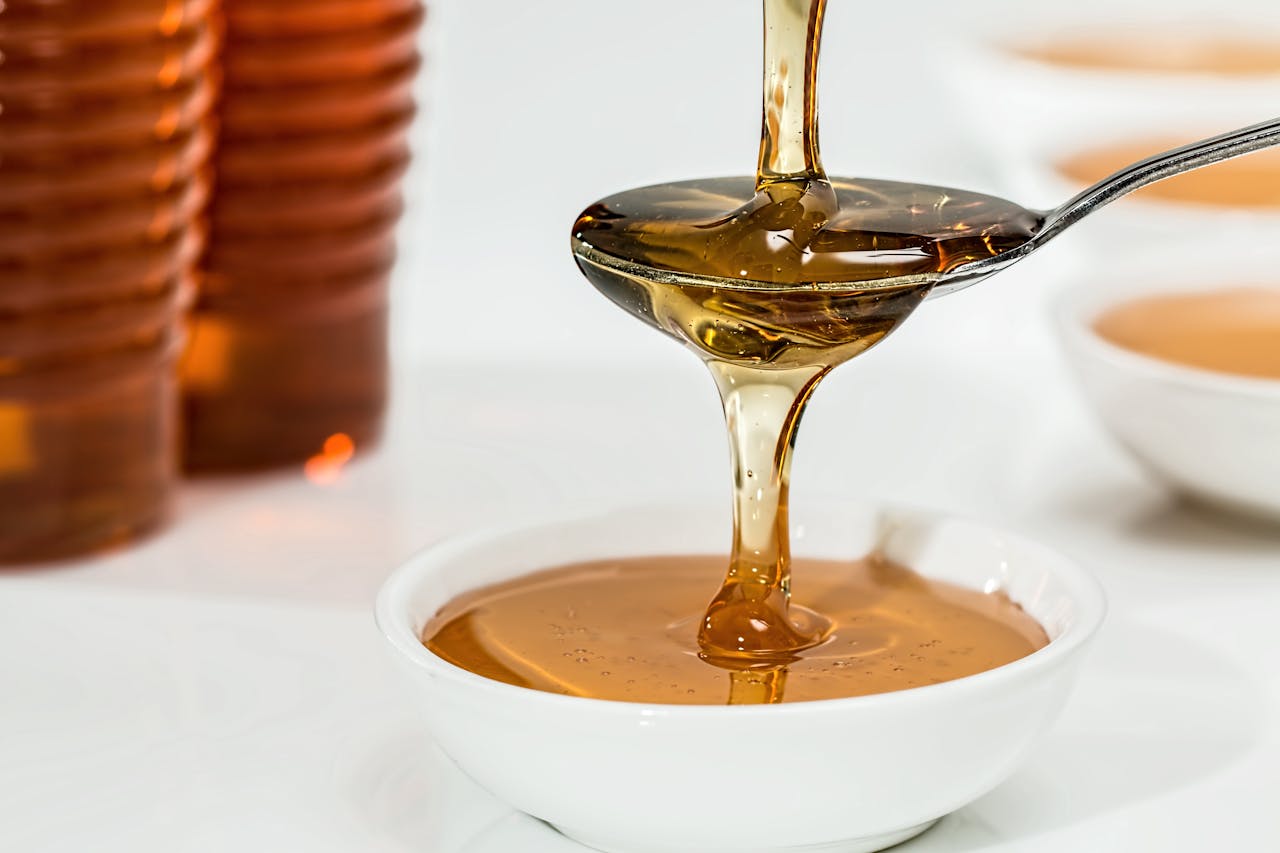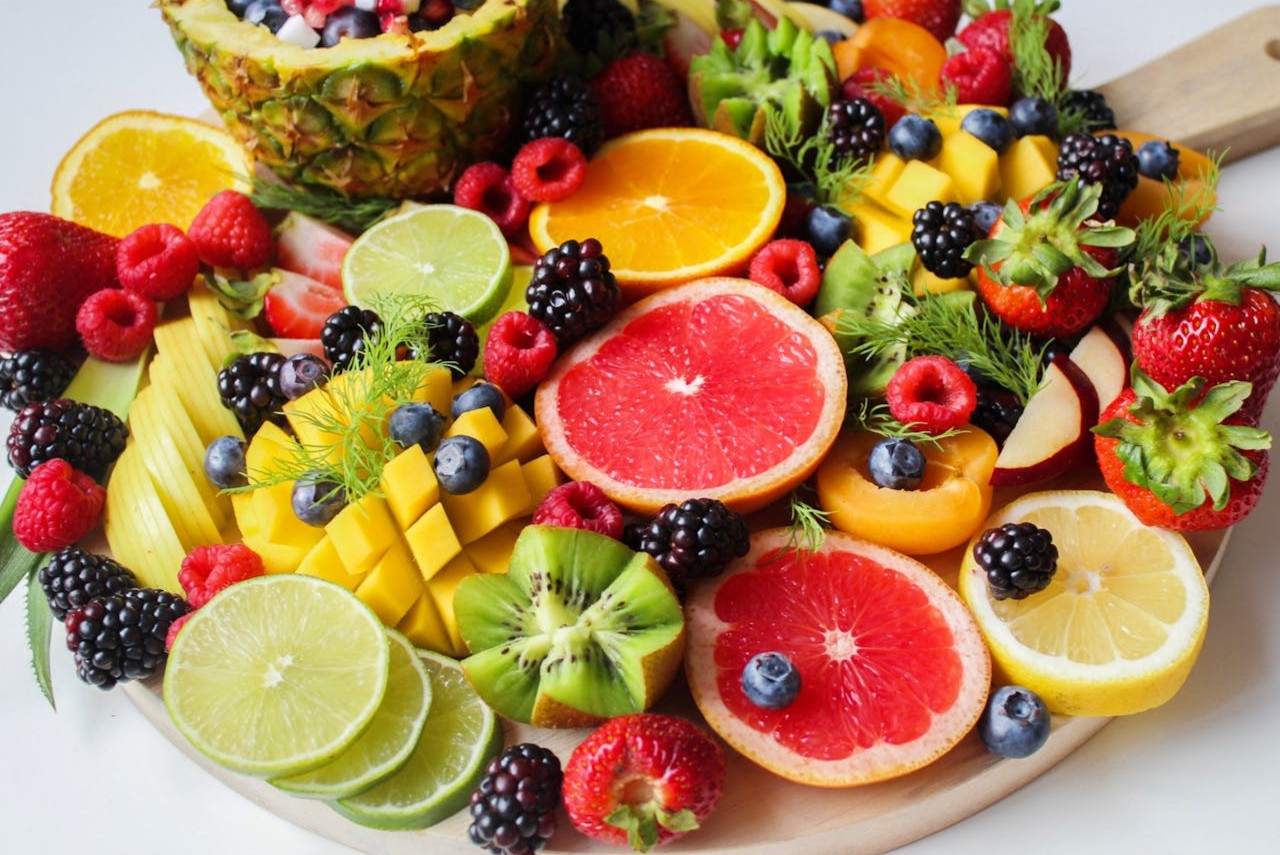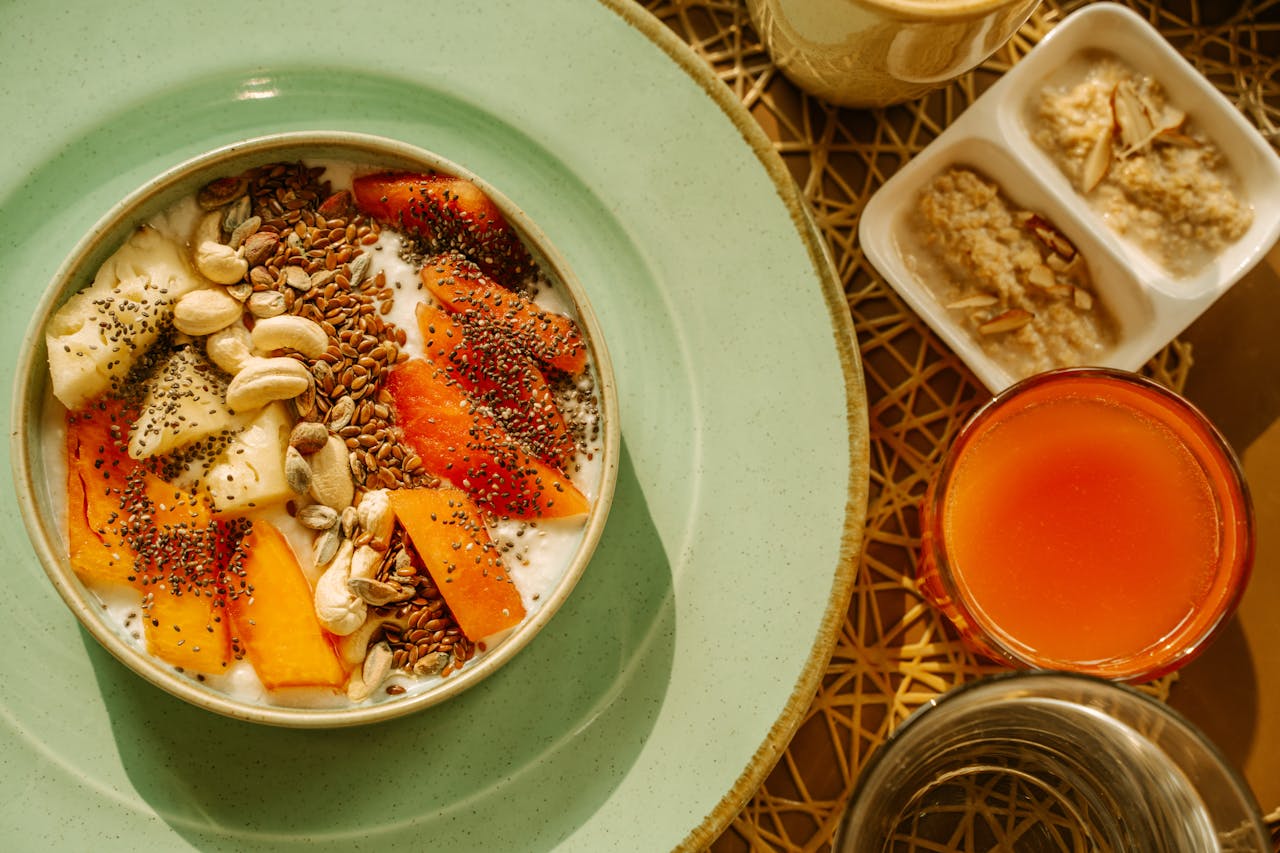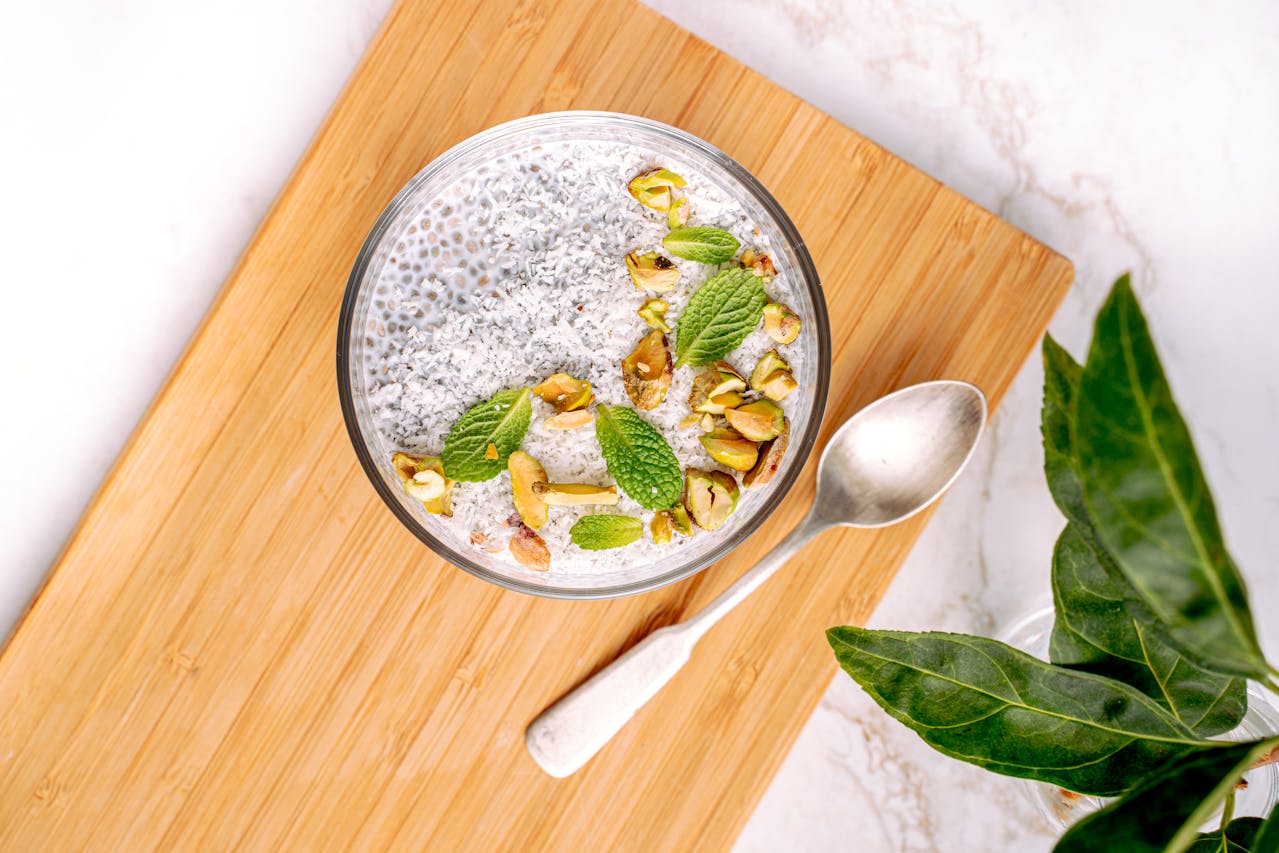Reducing sugar in your diet is one of the most impactful changes you can make for your health, but the idea of giving up your favorite treats can feel overwhelming. The great news is that you do not have to eliminate sweets entirely to maintain a healthy lifestyle. By making thoughtful adjustments, you can lower your sugar intake without feeling deprived. These eight nutritionist-approved tips will help you cut back on sugar while still indulging in the desserts you love.
1. Switch to Natural Sweeteners Instead of Refined Sugar
Natural sweeteners like honey, maple syrup, and stevia are excellent alternatives to refined sugar. These options often have a lower glycemic index, meaning they are less likely to cause a spike in blood sugar levels. Unlike processed sugars, natural sweeteners can also provide trace nutrients. For example, honey contains antioxidants, while maple syrup is a source of manganese and zinc.
Incorporating these sweeteners into your daily routine is simple. Use honey to sweeten your tea, drizzle maple syrup over your pancakes, or add stevia to your coffee. Natural sweeteners can be used in baking too, allowing you to create healthier versions of your favorite desserts. These small swaps can significantly reduce your sugar intake without sacrificing flavor.
2. Use Fresh Fruits to Satisfy Sweet Cravings
Fresh fruits are a delicious and nutritious way to satisfy your sweet tooth. They are packed with natural sugars, fiber, and essential vitamins and minerals. Unlike processed sweets, fruits come with the added benefit of fiber, which slows sugar absorption and keeps your blood sugar levels stable.
If you are craving something sweet, reach for fruits like strawberries, mangoes, or apples. You can also use fruits as natural sweeteners in recipes. For example, mashed bananas can replace sugar in muffins, and pureed dates work well in smoothies. For a simple dessert, try freezing grapes or blending frozen bananas into a creamy “nice cream.” Fruits are a versatile and guilt-free way to enjoy sweetness while nourishing your body.
3. Check Food Labels to Avoid Hidden Sugars
Hidden sugars are a common culprit in many packaged foods, even those that do not taste particularly sweet. They are often listed under names like corn syrup, maltose, or agave nectar. Consuming these hidden sugars can quickly add up, making it difficult to control your overall sugar intake.
To avoid hidden sugars, make it a habit to read food labels carefully. Look for unsweetened versions of yogurt, nut butter, and cereal, and opt for whole foods whenever possible. Many sauces, dressings, and snacks contain added sugars, so be sure to check those labels too. By being mindful of what you are eating, you can significantly reduce your sugar consumption without making drastic changes to your diet.
4. Add Flavor with Spices Instead of Sugar
Spices like cinnamon, nutmeg, and vanilla extract are fantastic for enhancing the flavor of your dishes without adding sugar. These spices not only add a sweet taste but also come with health benefits. For example, cinnamon is known to help regulate blood sugar levels, and nutmeg has calming properties that can aid digestion.
Incorporating spices into your meals is easy and effective. Sprinkle cinnamon on your oatmeal, stir a few drops of vanilla extract into your coffee, or add nutmeg to your baked goods. You can even experiment with cardamom, ginger, or cloves for a unique flavor profile. These spices can transform simple dishes into flavorful treats while keeping your sugar intake in check.
5. Choose Dark Chocolate Instead of Milk Chocolate
Chocolate lovers, rejoice! You do not have to give up chocolate to reduce your sugar intake. Opting for dark chocolate with at least 70 percent cocoa is a healthier choice. Dark chocolate contains less sugar and more antioxidants compared to milk chocolate, making it a more nutritious option.
The rich flavor of dark chocolate also means you are likely to feel satisfied with a smaller portion. Pair it with nuts or fresh fruit for a balanced and indulgent snack. Over time, your taste buds will adjust, and you may find yourself preferring the bold, bittersweet taste of dark chocolate over its sugary counterpart.
6. Make Your Desserts at Home
Homemade desserts give you complete control over the ingredients, allowing you to reduce or replace sugar with healthier alternatives. For instance, you can use applesauce, mashed bananas, or unsweetened almond milk as natural sweeteners in your recipes. These ingredients not only reduce sugar but also add moisture and flavor to your baked goods.
When you make desserts at home, you can also avoid the artificial additives and preservatives found in store-bought treats. Try experimenting with recipes for sugar-free cookies, low-sugar cakes, or homemade granola bars. Baking at home is a fun and rewarding way to enjoy sweets while maintaining a healthier diet.
7. Replace Sugary Drinks with Healthier Options
Sugary beverages like soda, sweetened coffee, and juice are some of the biggest contributors to excess sugar in the average diet. Replacing these drinks with healthier options can make a significant difference in your sugar intake.
Water is always the best choice for hydration, but if you crave flavor, try herbal teas or sparkling water infused with slices of lemon, lime, or cucumber. Unsweetened iced tea or black coffee with a splash of milk are also excellent alternatives. Staying hydrated can help reduce sugar cravings, as dehydration is often mistaken for hunger or a desire for sweets.
8. Practice Mindful Eating to Savor Every Bite
Mindful eating is about being present and fully enjoying your food. When you slow down and savor each bite, you are more likely to feel satisfied with smaller portions. This approach can help you enjoy sweets in moderation without overindulging.
For example, instead of eating a large slice of cake while distracted, take a few bites and focus on the flavors and textures. Pay attention to your body’s hunger and fullness cues, and stop eating when you feel satisfied. Mindful eating not only helps you reduce sugar but also enhances your overall relationship with food.
Final Thoughts
Cutting sugar does not mean you have to give up the sweets you love. By following these eight nutritionist-approved tips, you can enjoy desserts while prioritizing your health. From choosing natural sweeteners to practicing mindful eating, these strategies empower you to reduce sugar without feeling deprived. Start small, stay consistent, and watch your sugar cravings diminish over time. With a little effort, you can strike the perfect balance between indulgence and wellness.










